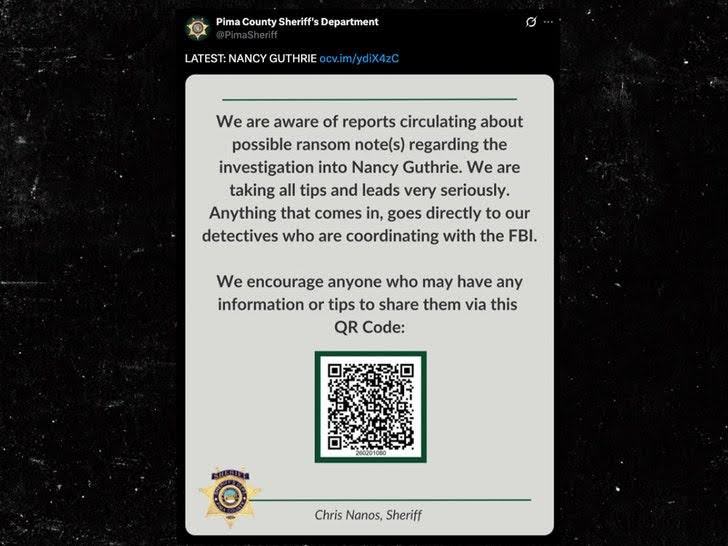2023-9-6 19:15 |
At the recent Korea Blockchain Week conference, Ethereum co-founder Vitalik Buterin discussed the future of Ethereum nodes and how mobile devices could play a role in promoting decentralization and scalability.
During a talk on September 5, Buterin explained that one of the challenges facing Ethereum is the centralization of nodes, with most currently running on centralized web service providers like Amazon Web Services. He called nodes a “big piece of the puzzle” for ensuring Ethereum remains decentralized long-term.
“Stateless Clients” Mean Mobiles Could One Day Become NodesTo solve this problem, Buterin pointed to Ethereum’s (ETH) roadmap which includes developing “stateless clients” using “Verkle Trees.” Stateless clients would significantly reduce the hardware requirements needed to run full nodes on the network, he believes.
Buterin said, “Today, it takes hundreds of gigabytes of data to run a node. With stateless clients, you can run a node on basically zero.”
Learn and compare two of the most popular blockchains: Solana vs. Ethereum: An Ultimate Comparison
Statelessness works by limiting the amount of blockchain data individual nodes need to store. Currently, full nodes must store the entire state of the Ethereum blockchain.
With statelessness, only block producers need full state data while transaction verifiers do not require the full blockchain. This could enable nodes to run on consumer hardware like mobile phones in the future.
While mobile Ethereum nodes are not imminent, Buterin believes statelessness advances could make this possible down the road. This would be a huge step for decentralization, allowing more individual users worldwide to run nodes easily and cheaply.
Updated roadmap diagram! pic.twitter.com/MT9BKgYcJH
— vitalik.eth (@VitalikButerin) November 4, 2022However, Buterin admitted there are still technical hurdles to implementing stateless clients. He estimated the timeline could be 10 to 20 years until statelessness is fully realized on Ethereum.
For now, Buterin reiterated that the most pressing goal is boosting scalability, with innovations like zero-knowledge rollups offering near-term solutions. Longer-term, statelessness offers a path to scalability by enabling more lightweight nodes to participate in consensus and transaction validation.
Account Abstraction Has Been Another Ethereum Talking Point This YearThe talk about mobile nodes and stateless clients follows on from the buzz around account abstraction earlier this year. And helps put Ethereum in the innovation spotlight.
Back in July, at the Ethereum Community Conference (EthCC) in Paris, the crypto community buzzed about making the user experience simpler with smart contract wallets, and Ethereum’s new ERC-4337 upgrade.
Currently, even seasoned techies find wallet setups and sending crypto irksome. ERC-4337 enables account abstraction, transforming the crypto experience into something more user-friendly.
Users could log in with emails or phone numbers, recover lost wallets, set spending limits, and use session keys to remember wallets across dApps. In short, ERC-4337 makes Web3 act more like Web2.
The post Mobile Nodes Can Help Spread Decentralization, Says Vitalik Buterin appeared first on BeInCrypto.
origin »Bitcoin price in Telegram @btc_price_every_hour
Universal Mobile Token (UMT) на Currencies.ru
|
|







